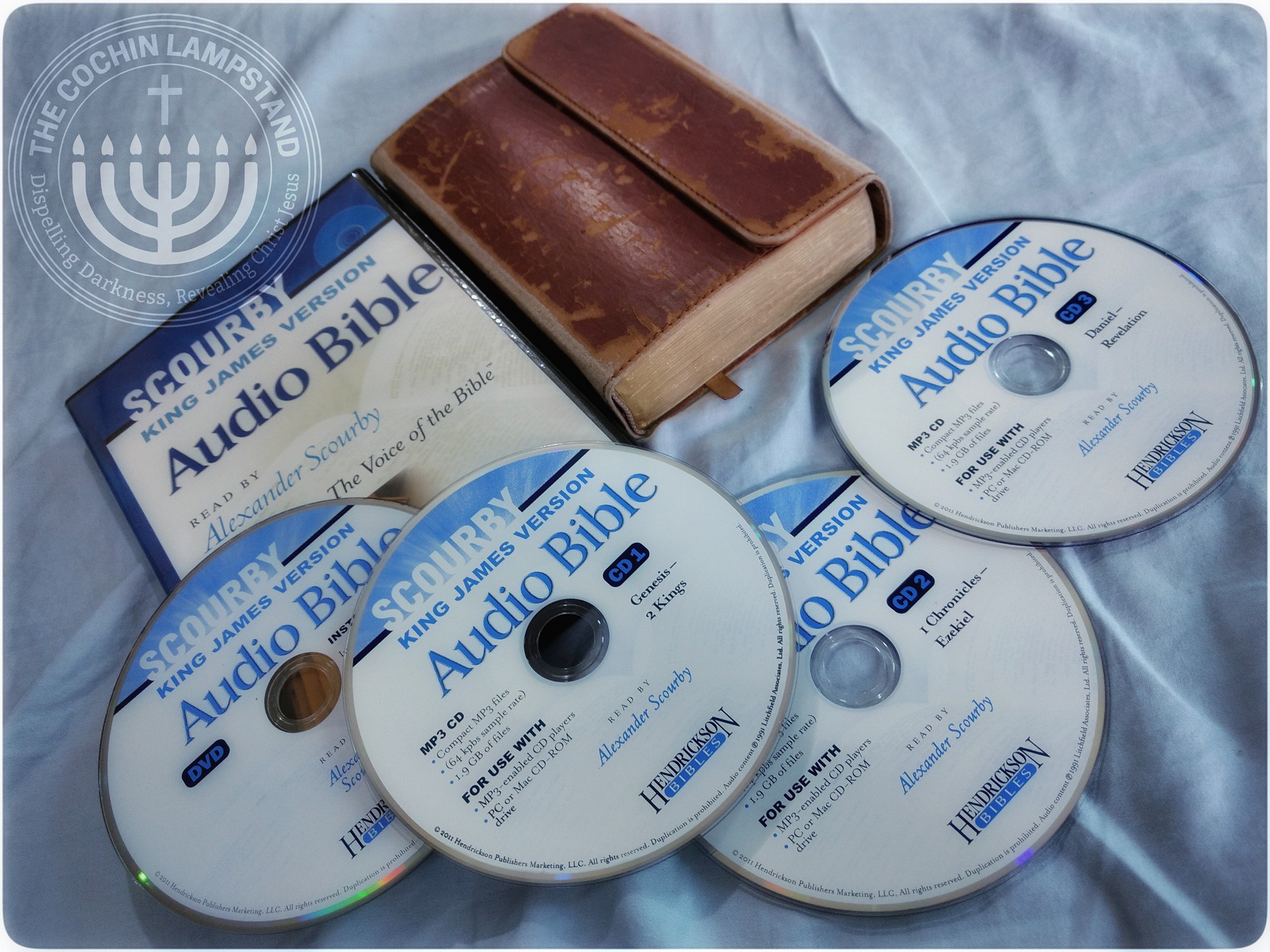1 John 2:18-29 (NKJV) 18 Little children, it is the last hour; and as you have heard that the Antichrist is coming, even now many antichrists have come, by which we know that it is the last hour. 19 They went out from us, but they were not of us; for if they had been of us, they would have continued with us; but they went out that they might be made manifest, that none of them were of us. 20 But you have an anointing from the Holy One, and you know all things. 21 I have not written to you because you do not know the truth, but because you know it, and that no lie is of the truth. 22 Who is a liar but he who denies that Jesus is the Christ? He is antichrist who denies the Father and the Son. 23 Whoever denies the Son does not have the Father either; he who acknowledges the Son has the Father also. 24 Therefore let that abide in you which you heard from the beginning. If what you heard from the beginning abides in you, you also will abide in the Son and in the Father. 25 And this is the promise that He has promised us–eternal life. 26 These things I have written to you concerning those who try to deceive you. 27 But the anointing which you have received from Him abides in you, and you do not need that anyone teach you; but as the same anointing teaches you concerning all things, and is true, and is not a lie, and just as it has taught you, you will abide in Him. 28 And now, little children, abide in Him, that when He appears, we may have confidence and not be ashamed before Him at His coming. 29 If you know that He is righteous, you know that everyone who practices righteousness is born of Him.
God reveals Himself to us in His Word, which is the Truth (John 17:17); thus we cannot believe lies and have fellowship with God. John warns about the anti-Christian teachers already in the world, and he tells us how to recognize them:
- they have left the fellowship of the truth, v. 19;
- they deny that Jesus Christ is the Son of God come in the flesh, v. 22;
- they try to seduce believers, v. 26. John agrees with what Peter describes (2 Peter 2): that these false teachers once were in the church, but then departed from the truth they professed to believe.
Here is where the Holy Spirit comes in: He is our heavenly unction (anointing) who teaches us the truth. The Spirit of God uses the inspired Word of God to communicate God’s truth to us. “You know all things” in v. 20 (NKJV) should read “and you all know.” Verse 27 should not be taken to mean that Christians have no need for pastors and teachers, otherwise Eph. 4:8–16 would not be in the NT. Rather, he is saying that believers must be Spirit-taught personally through the Word and should not always depend on human teachers. The Christian in fellowship with God will read and understand the Bible and be taught by the Spirit.
In vv. 28–29, John suggests (as Peter also taught) that false doctrine and false living go together. If we believe the truth with our hearts and commit ourselves to it, then we will live holy lives before men. Of course, one of the greatest incentives to holy living is the imminent coming of Jesus Christ. How tragic that some Christians who have not been abiding (fellowshipping) with Christ will be ashamed when He returns.
While there are many details in these chapters that we have had to overlook, the main lesson is clear: If Christians desire to have fellowship with Christ, they must obey the Word, love God’s people, and believe the truth. Whenever sin enters, the Christian must immediately confess it and claim God’s forgiveness. We must spend time in the Word, learning the truth and letting the truth take hold of the inner person. Or, to look at it negatively, the Christian who deliberately disobeys the Word, neglects the Word, and who cannot get along with God’s people is out of fellowship with God and in the dark. It is not enough to talk about the Christian life; we must practice it.
“Propitiation” (2:2 and 4:10) has to do with the meaning of Christ’s death from God’s perspective. Christ’s death brought forgiveness; but before God could forgive a guilty sinner, His justice had to be satisfied. This is where propitiation comes in. The word carries the idea of satisfying God’s holiness through the death of a substitute. It does not mean that God was so angry that Christ had to die to make Him love sinners. Christ’s death met the demands of God’s law and thus broke down the barrier between men and God, making it possible for God to take away sin. The word “mercy seat” in Heb. 9:5 is equivalent to “propitiation.” See Ex. 25:17–22. The blood on the mercy seat covered the broken law and made it possible for God to deal with Israel.

